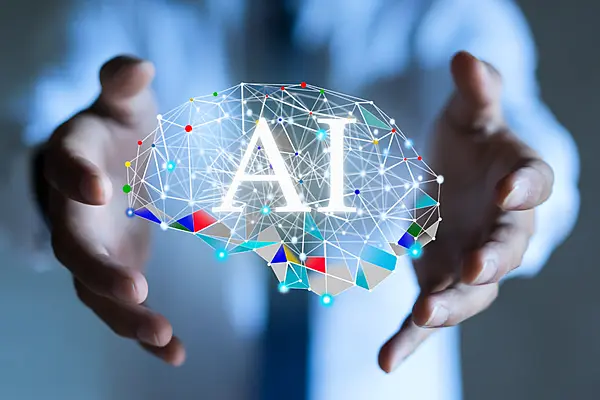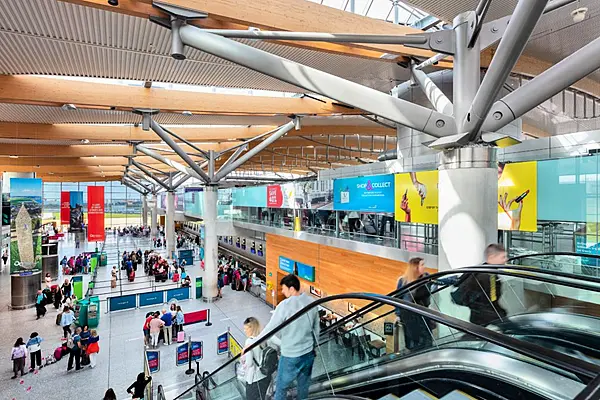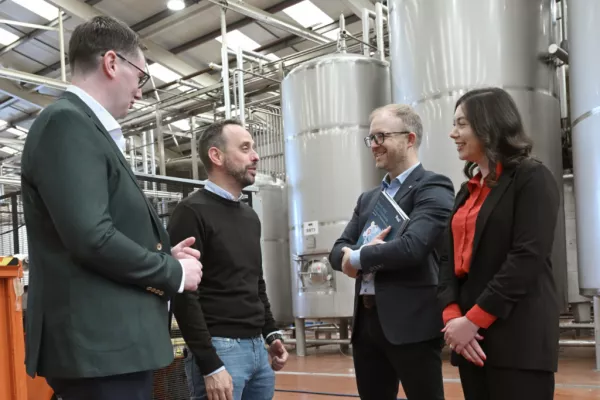Ashley Harris is a hospitality researcher who is passionate about sustainability innovations within the sector. Here she looks at how to promote...
As travellers from all backgrounds become more concerned with their impact on the environment, businesses in the hospitality sector must adapt to provide greener experiences and help craft a brighter future for the whole industry.
Though the targets set by bodies like the Sustainable Hospitality Alliance may feel like a long way off, there are many more accessible changes that hospitality businesses can implement to make all their operations more sustainable.
In this article, we’ll go through five of the best ways that hospitality businesses can promote better sustainability, get ahead of the curve, and make their contribution to a more sustainable hospitality sector.
Target Plastic Waste
Plastic waste consistently makes up the majority of all debris found in the oceans, and is thought to be responsible for killing 100,000 marine mammals and turtles every year.
Although the impact of plastic waste is a huge talking point in the public sphere these days, many companies within the hospitality sector aren’t doing their part to mitigate the devastating effects thereof.
Simple changes, such as committing to using steel cutlery for room service, using dispensers for toiletries, rather than single-use bottles, and using recyclable plastics wherever possible, can all go a long way in reducing your business’s contribution to plastic waste issues.
By carrying out a thorough audit of your plastic waste and implementing new efficiencies, you’ll be able to minimise your carbon footprint and work wonders for your public image from a highly visible platform.
Embrace Veggie Options And Cut Down On Food Waste
Food is another big part of the hospitality industry’s carbon emissions, and another good area to review when you’re looking to build a more sustainable business.
Vegan and vegetarian dishes are more popular than ever today, and with plantbased foods producing ten to 50 times fewer carbon emissions than meat dishes, placing your meat-free options front and centre in your catering will make a huge difference to your business’s overall sustainability.
Food waste – another big issue with the hospitality industry’s environmental impact – needs to be addressed whenever you’re looking to green-ify your operations. If you cater for large events, then some food waste will happen as a matter of course, but there are plenty of forward-thinking solutions that can be applied to help curb this trend.
Companies like Too Good To Go run an exceptionally progressive business model, which ‘lets customers buy and collect Magic Bags of this food – at a great price – directly from businesses.’ By partnering with these kinds of services, hospitality businesses can reduce their environmental impact while recouping some of the money that might otherwise go to waste on food that never gets eaten.
Go Cashless And Paperless
Though digital payment solutions aren’t the first thing that comes to mind when you think of making businesses more sustainable, reducing your dependence on cash and paper records is an exceptionally easy way to reduce your carbon footprint.
Though new polymer banknotes are thought to be more sustainable than the old paper notes, studies have shown that the production of a polymer £10 note releases 9kg of Co2, compared to the paper note’s 3kg.
As we move closer to a cashless society across the world, hospitality companies that proactively embrace this shift will find themselves ahead of the curve on business sustainability.
Though removing cash completely from your business may not be practical, there are plenty of technological solutions that will help you increase cashless transactions in an easy and frictionless way. Companies like SumUp, for example, offer affordable portable card machines, allowing your staff members to ‘process payments on the go’ – perfect for a dynamic hospitality setting.

Reduce Water Usage
Hospitality businesses face a unique challenge when it comes to preserving water, as, in most cases, the lion’s share of the water usage is controlled by guests, not staff.
Though you can’t force your guests to limit their water usage, more and more hotels are beginning to embrace the practice of educating guests about water sustainability, and asking them to use water in a more conscientious, sustainable way.
Little changes – such as table talkers in bathrooms, asking guests to be mindful of their water usage, or reminding guests how much of a difference they can make by turning off the tap when brushing their teeth or taking slightly shorter showers – can have surprisingly big impacts on the cost of water and overall sustainability throughout the business.
If you’d like to take things a step further, there’s now a huge market of plumbing components that are designed to keep a cap on water wastage. Shower heads fitted with Hansgrohe EcoSmart technology, for example, allow users to use less water with little impact to the experience of washing. Like encouraging your guests to check their water usage, these components can help you green-ify your company’s image while promising fantastic savings in your operating costs.

Support Local Suppliers
Due to the reduced logistical costs, bringing more local suppliers into your supply chain wherever possible can work wonders for both your carbon footprint and your brand’s public perception.
Studies from tax advisory firm KPMG have shown that 70% of consumers consider buying Irish-made/-produced food as either ‘quite’ or ‘very’ important’, and the majority consider the sustainability credentials of manufacturers and producers when buying any food product.
Though retail and hospitality are very different sectors, these trends speak to how important buying local is in the mind of the average guest at any hotel. True, buying local produce can often be more expensive than imported alternatives, but this is one sustainability initiative where the return on investment can be huge.
By embracing a more localised supply chain and showcasing this fact in your marketing materials, you’ll be able to delight your guests and minimise the carbon emissions that your business produces in order to run.
Final Thoughts
Though overturning your business operations for the better can be tough, almost every hospitality business has the capacity to make its operations that much greener. As the hospitality sector works towards a more positive and sustainable future, we hope that these ideas have helped inspire you as you map out your business’s own green initiatives.
Ashley Harris is a hospitality researcher who is passionate about sustainability innovations within the sector.









